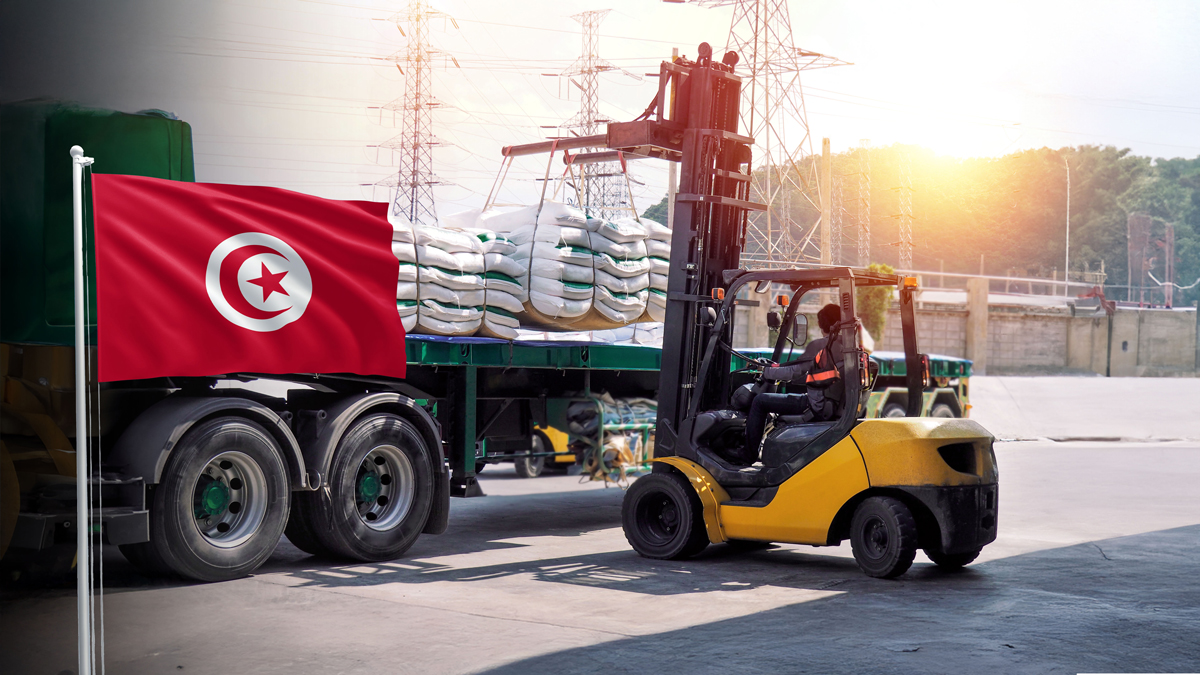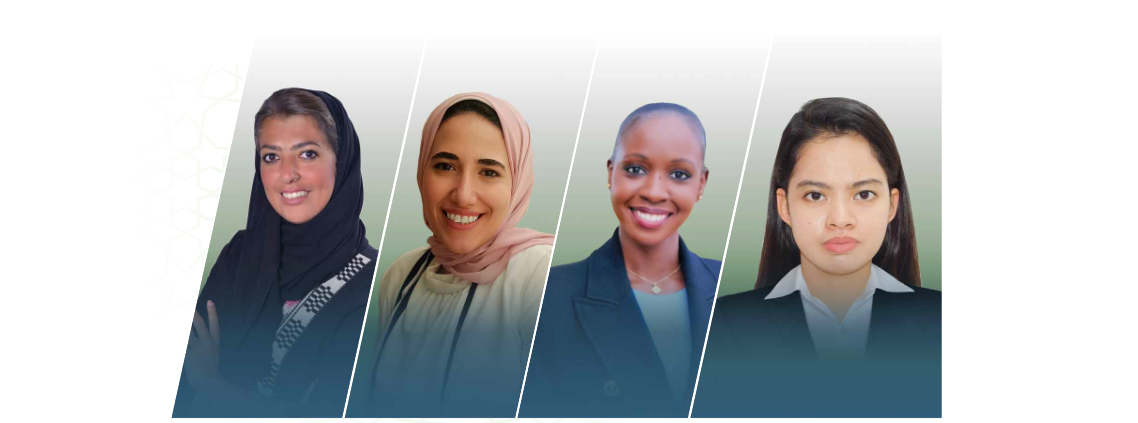
ICIEC Provides USD 182 Million Insurance Cover for Syndicated Murabaha Facility in Egypt’s Energy Sector
ICIEC has provided insurance coverage amounting to USD 182 million for a significant transaction aimed at bolstering Egypt’s energy security. This transaction, a Syndicated Murabaha Facility, has been arranged by the International Islamic Trade Finance Corporation (ITFC), an IsDB Group member, in support of the Egyptian General Petroleum Corporation (EGPC).
The facility is designed to finance the purchase of crude oil, petroleum products, and liquefied natural gas (LNG), which are essential for sustaining Egypt’s growing energy needs. The total value of the syndicated facility stands at USD 200 million and involves a consortium of international banks, with applicants hailing from Kuwait, the United Arab Emirates, France, and Bahrain.
The Syndicated Murabaha Facility is backed by a sovereign guarantee from the Ministry of Finance of Egypt. ICIEC’s policy covers the Non-Honoring of Sovereign Financial Obligations (NHSFO) of the Government of Egypt, providing vital risk mitigation for the participating banks. This ensures that in the event the government is unable to honor its financial obligations under the facility, ICIEC will provide compensation to the insured banks, up to the insured amount.
This transaction is of critical importance for Egypt as it will facilitate the import of essential energy supplies, such as crude oil and LNG, which are vital for both economic stability and the welfare of the Egyptian population. In addition, it supports Egypt’s ongoing efforts to ensure energy security amidst a volatile global market, while strengthening the country’s trade ties with key international partners.
Furthermore, the transaction aligns with the United Nations’ Sustainable Development Goal (SDG) number 17, which focuses on fostering global partnerships for sustainable development. By facilitating the import of oil and gas, the transaction promotes greater international cooperation and strengthens trade relationships between Egypt and its supplier nations. Such partnerships contribute to the country’s long-term development by ensuring a steady supply of energy resources, critical for economic growth and the well-being of its citizens.
Through this initiative, ICIEC continues to demonstrate its commitment to supporting projects that advance the economic development of its member countries while mitigating risks for financial institutions involved in complex cross-border transactions. This transaction not only strengthens Egypt’s energy security but also highlights ICIEC’s role in enabling vital trade and investment flows within the Organization of Islamic Cooperation (OIC) member states.
ICIEC’s participation in this Syndicated Murabaha Facility, with a coverage of USD 182 million, exemplifies its dedication to fostering international trade, enhancing financial security, and promoting sustainable development in line with its mandate and the goals of the United Nations.

ICIEC Supports USD 50 Million Murabaha Syndicated Facility to Strengthen Tunisia’s Agricultural Sector
ICIEC has extended crucial support to a USD 70 million Murabaha Syndicated Facility arranged by the International Islamic Trade Finance Corporation (ITFC) for the benefit of Groupe Chimique Tunisien in Tunisia. This strategic transaction, with Kuwait International Bank (KIB) participating with USD 20 million, is aimed at financing the purchase of fertilizers—a key input for Tunisia’s agricultural sector. ICIEC’s Bank Master Policy (BMP) covers USD 50 million of the total facility, providing a high coverage rate of 95% for non-payment risks associated with the Ministry of Economy and Planning of Tunisia, which has issued an irrevocable and unconditional guarantee for the facility.
The syndicated facility will play a vital role in strengthening Tunisia’s fertilizer production capabilities, a sector central to the country’s economic development. Fertilizers are pivotal for increasing agricultural yields, generating foreign currency through agricultural exports, and supporting employment within production and industrialization zones. By boosting agricultural productivity, this facility will help enhance the sector’s competitiveness in the global market.
Tunisia’s agricultural sector faces significant challenges due to global economic instabilities. Rising agricultural commodity prices, compounded by the lasting impacts of the COVID-19 pandemic and the war in Ukraine, have underscored the fragility of Tunisia’s food security and the precarious position of its farming community. These events have amplified the importance of local agricultural inputs like fertilizers to safeguard against recurring food shortages and ensure the survival of farmers who contribute to the country’s economic stability.
This Murabaha Syndicated Facility is expected to provide not only financial support but also a sustainable solution to Tunisia’s agricultural needs. It aligns with ICIEC’s mandate to contribute to the economic development of member countries by facilitating trade and investment. By securing this facility, ICIEC is helping Tunisia’s agriculture sector navigate external shocks and reinforcing its food security and export capabilities.
This transaction demonstrates ICIEC’s commitment to supporting trade finance solutions that enhance economic resilience and sustainability in its member countries.






 Download Newsletter
Download Newsletter
